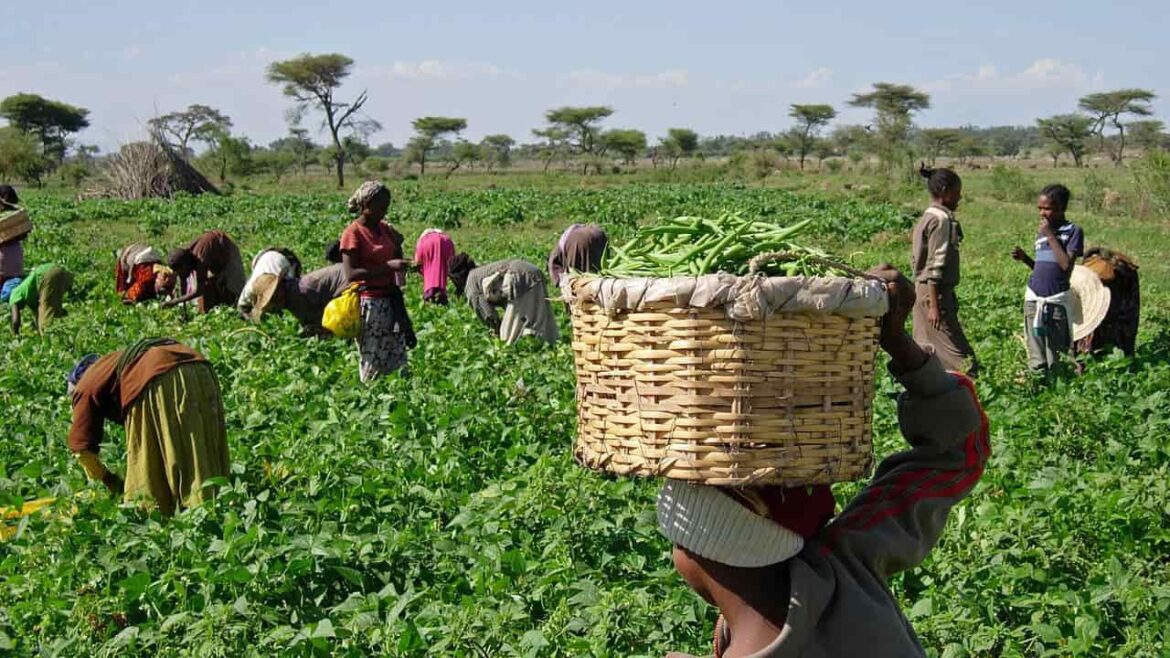By Asmau Ahmad
The United Nations Secretary-General, António Guterres says the organisation has established a task force in collaboration with other aid organisations to address food insecurity in Northern Nigeria.
Spokesman for the UN Secretary-General, Stéphane Dujarric, disclosed this in a briefing to Correspondents at the UN headquarters on Tuesday in New York.
“Our humanitarian colleagues in Nigeria tell us that we, along with aid organisations in the country, have formed a task force to respond to increasing food insecurity in the northeast part of Nigeria.
“The task force is working with the Government to implement a comprehensive plan to address food security, nutrition, health, protection, and water, sanitation and hygiene.
“This plan needs 250 million dollars and aims to help the hardest-to-reach people to receive the food they need,” Dujarric was quoted as saying.
The secretary-general had on Friday said over $1 billion would be needed to implement the Humanitarian Response Plan in the northern Nigeria.
According to him, only one-third of the fund has been raised.
Guterres, who spoke through his Deputy Spokesman, Farhan Haq, said sustained funding would be needed to avert food crisis in the zone.
“Our humanitarian colleagues warned that without sustained funding, millions of people in Borno, Adamawa and Yobe states, Northeast Nigeria will struggle to feed themselves,” said Haq.
He said millions of people in the three states would struggle to feed themselves during the lean season due to conflict, COVID-19, high food prices and the effects of climate change.
According to him, an estimated 4.4 million people, including internally displaced people, are expected to face critical food shortages, with 775,000 people being at extreme risk of catastrophic food insecurity.
“This is the worst outlook in four years. The humanitarian community is working with the Government and local authorities to scale up the distribution of food in high-risk areas, but a surge in violence targeting aid workers and assets has made this difficult.
“Our colleagues tell us that 8.7 million people in Nigeria need urgent assistance, including 2.2 million displaced people,” he said.


